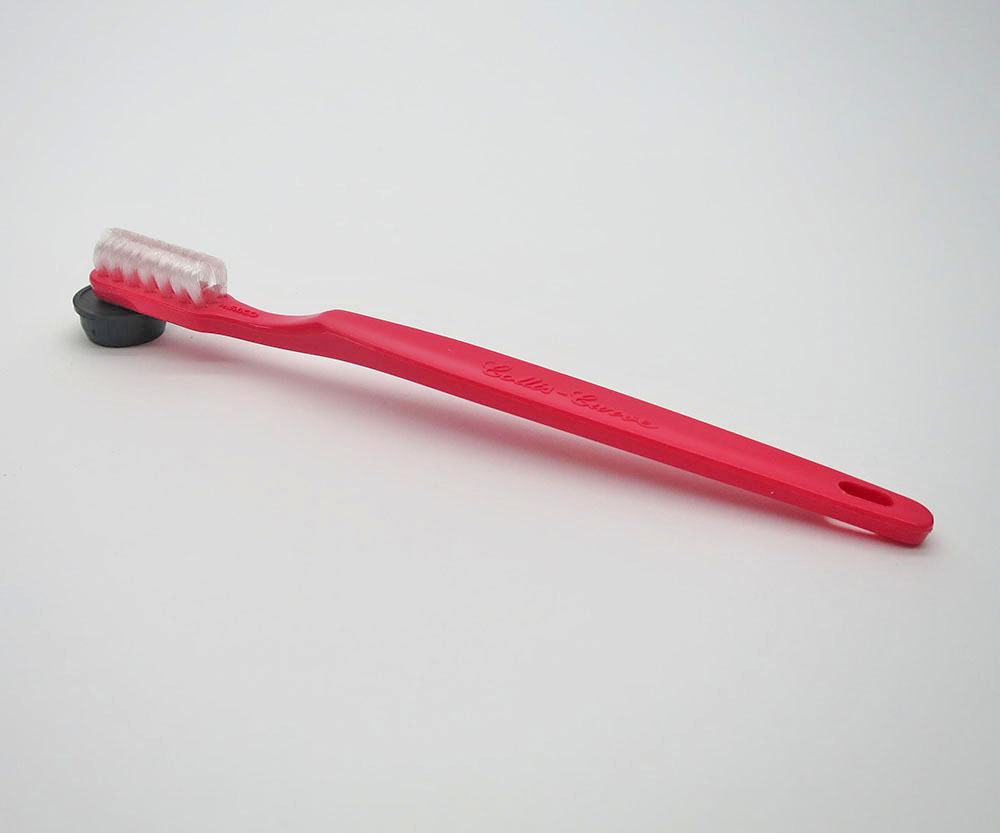Fine motor skills
Teeth brushing
Brushing your teeth is an essential part of oral hygiene and good habits should be established in earliest childhood.
All children should brush their teeth twice each day – in the morning and last thing at night. Have set times that your child brushes their teeth so that it becomes a set part of their morning and evening routine, for example: bath, pyjamas, brush teeth, story and bed.
Helping your child
It is recommended that children receive assistance to brush their teeth until at least the age of seven when they have developed the coordination required to reach all their teeth. Encourage your younger child to have a go at brushing their teeth first before you take over. Children with additional support needs may need assistance beyond the age of 7.
Timing
Timer apps
There are many Apps available that can support your child’s tooth brushing by timing how long to spend in each part of the mouth or by motivating your child.
Reward programme
Reward programmes can also be effective to encourage compliance. Ensure your child’s reward is not a sugary food treat!
Visual prompts
Many children with additional support needs benefit from visual prompts to support their understanding of routines. Include a picture of tooth brushing or a toothbrush in your child’s morning and evening visual schedule.
Sensory needs
Toothbrushes
If your child can only tolerate having a toothbrush in their mouth for brief periods, try a multi-direction toothbrush which can reach multiple surfaces of your child’s teeth at the same time, such as:
Dr Barman’s Superbrush

Curved Toothbrush

Toothpastes
If your child struggles with strong tastes or smells, try an unflavoured toothpaste, such as:
OraNurse 0-3

OraNurse original


